Ultrabook makers 'testing the water' with initial shipments under 50k - report
DigiTimes named first-tier notebook vendors such as Acer, Lenovo, Toshiba and Asustek as "testing the water" with small initial shipments of new thin-and-light models, according to sources from the notebook makers. The vendors are scheduled to begin shipping their ultrabook models later this month.
Meanwhile, Intel is hosting a conference for ultrabooks later on Sept. 14 in hopes of drumming up further support for the specification and resolving some "technology bottlenecks" that are getting in the way of the design.
Unresolved issues over cost and technologies have given rise to a "conservative attitude" among the vendors, the report noted.
Intel introduced the ultrabook design specifications in May, taking cues from both the iPad and the MacBook Air. The new laptops are meant to incorporate "tablet-like features" with a "thin, light and elegant design" without compromising on computing power and performance, all while remaining in the sub-$1,000 price range.
Toshiba's recently-unveiled Z830 ultrabook
"Here the magic price seems to be $1,000, but it appears that the PC makers are really struggling to make this price point and still preserve a modicum of profit for themselves," said analyst Richard Windsor. "This is the major reason why we do not believe that the ultrabook segment is really going to take off until next year."
PC makers have faced significant challenges in matching the features of the MacBook Air while competing on price. CEO Tim Cook is credited with fine-tuning Apple's supply chain, leveraging volume purchasing and pre-paying in cash to produce savings that rivals are unable to keep up with. For instance, Intel's ultrabook partners have reportedly been unable to secure necessary magnesium-aluminum components and production capacity for the chassis of their devices.
Intel has responded by creating a reference bill of materials that theoretically shows the notebooks can be produced for as little as $475 and as high as $710. Vendors have called for a 50 percent price cut, but the chipmaker has agreed to only a 20 percent discount to its first-tier partners.
The world's largest chipmaker has also backed the initiative with a $300 million ultrabook fund that will invest in companies working on solutions to challenges to the new notebook specification.
 Josh Ong
Josh Ong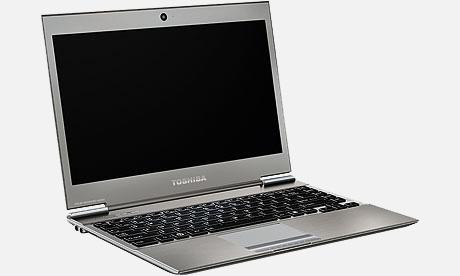
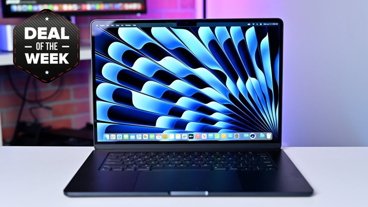





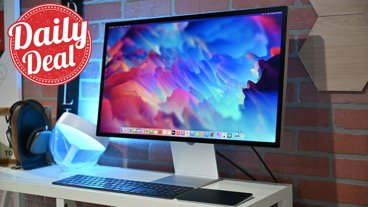






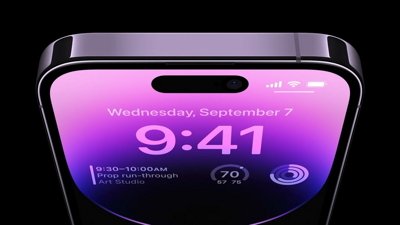
 Charles Martin
Charles Martin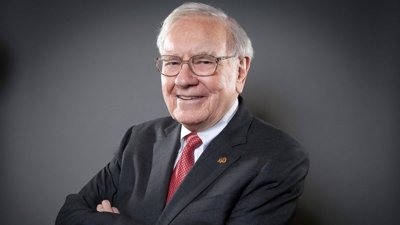
 William Gallagher
William Gallagher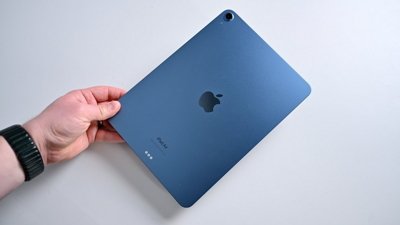
 Andrew Orr
Andrew Orr
 Malcolm Owen
Malcolm Owen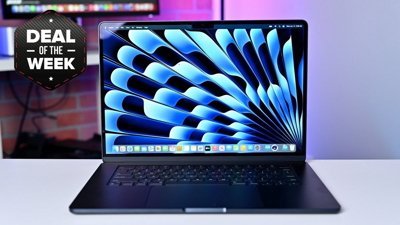
 Christine McKee
Christine McKee
 Chip Loder
Chip Loder
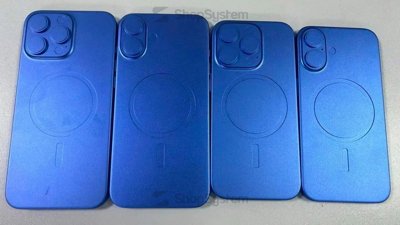

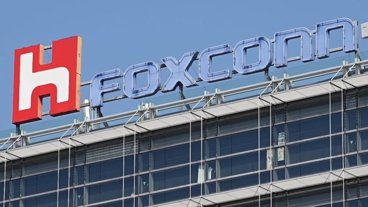







78 Comments
"This is the major reason why we do not believe that the ultrabook segment is really going to take off until next year."
Kind of like the non-iPad tablet "segment"? Good luck with that.
This is a grim omen.
First of all, this reflects the basic fact that the Windows PC market isn't really receptive to this category. Dell's Adamo was a commercial failure and PC manufacturers are well aware of that.
Secondly, these PC manufacturers are probably wary of another TouchPad debacle. HP cancelled their media tablet shortly after launch, sold off channel inventory at liquidation prices, then apparently had their manufacturing partners build more units to soak up parts already committed in various supply contracts.
Lastly, there are no volume discounts for such small production runs. They aren't releasing millions of MacBook Airs. Apple has benefited from leveraging their iDevice supply chain mastery to Mac production. Most Windows PC manufacturers have no significant smartphone/media tablet business and can't reap the benefits of massive contracts for things like NAND flash memory and LCD panels.
Frankly, I'm not sure if PC buyers will make this a viable category. It may end up being like the iPad/non-iPad conundrum where buyers will pay a thousand bucks for a MacBook Air, but won't pay more than five hundred or six for a similar Windows PC. The HP TouchPad showed that the marketplace accepts the iPad at one price point and everything else is devalued.
This looks like another PC Bataan Death March, a gruesome drive to the bottom. Someone should be able to compete with Apple's MacBook Air, but it will be with razor thin margins. We already know that Windows PC users rate lower than Mac users in terms of customer satisfaction. Apparently paying the "Apple tax" isn't such a hindrance to user satisfaction.
At this point one must ask the question, "If saving money is such a big deal why aren't Windows PC users happier?" Acer's management apparently took a deep look, fired their CEO, and basically admitted that their whole low-margin/we'll-make-it-up-on-volume business model was crap and a poor return on investment for their shareholders.
Have Windows PC manufacturers painted themselves into a shitty, low-margin unsatisfying corner where their main competitor innovates, generates high customer satisfaction and walks away with the lion's share of the industry's profits?
[making a device that costs $1000, while not losing money on it] "This is the major reason why we do not believe that the ultrabook segment is really going to take off until next year."
What exactly will happen next year that will change the situation? Apple still will be able to beat everybody on costs due to their volume, not having to pay the Windows tax, and having more flexibility in being able to design the computer. And Intel will get a swift kick by Apple and/or the FTC if they try to sell chips to Apple's competitors for less than they will sell those chips to Apple...
This makes no sense. Based on all the Internet postings, we know that there is an Apple tax - meaning you pay more for the same thing just to get that Apple logo. However, according to the ultrabook situation Apple actually is selling a product for significantly less than other manufacturers are able to produce a similar item. Combine this information with all the Me Too Tablets that cost the same thing as the overpriced iPad, and my mind is gonna explode!
Ps i think apples success in the tablet space is really for the same reason. Apple released a premium tablet for what appeared to be a "low" price. Others thought they beat it, because they thought tablet as a low end netbook, rather than a high end mobile device. but low end os and hardware simply did not cut it in the tablet space for most people.
Premium tablet, not premium priced. What appeared to be a LOW price. Others thought they could beat it but their low end hardware did not cut it. Where in all this did you see me saying iPad was overpriced.